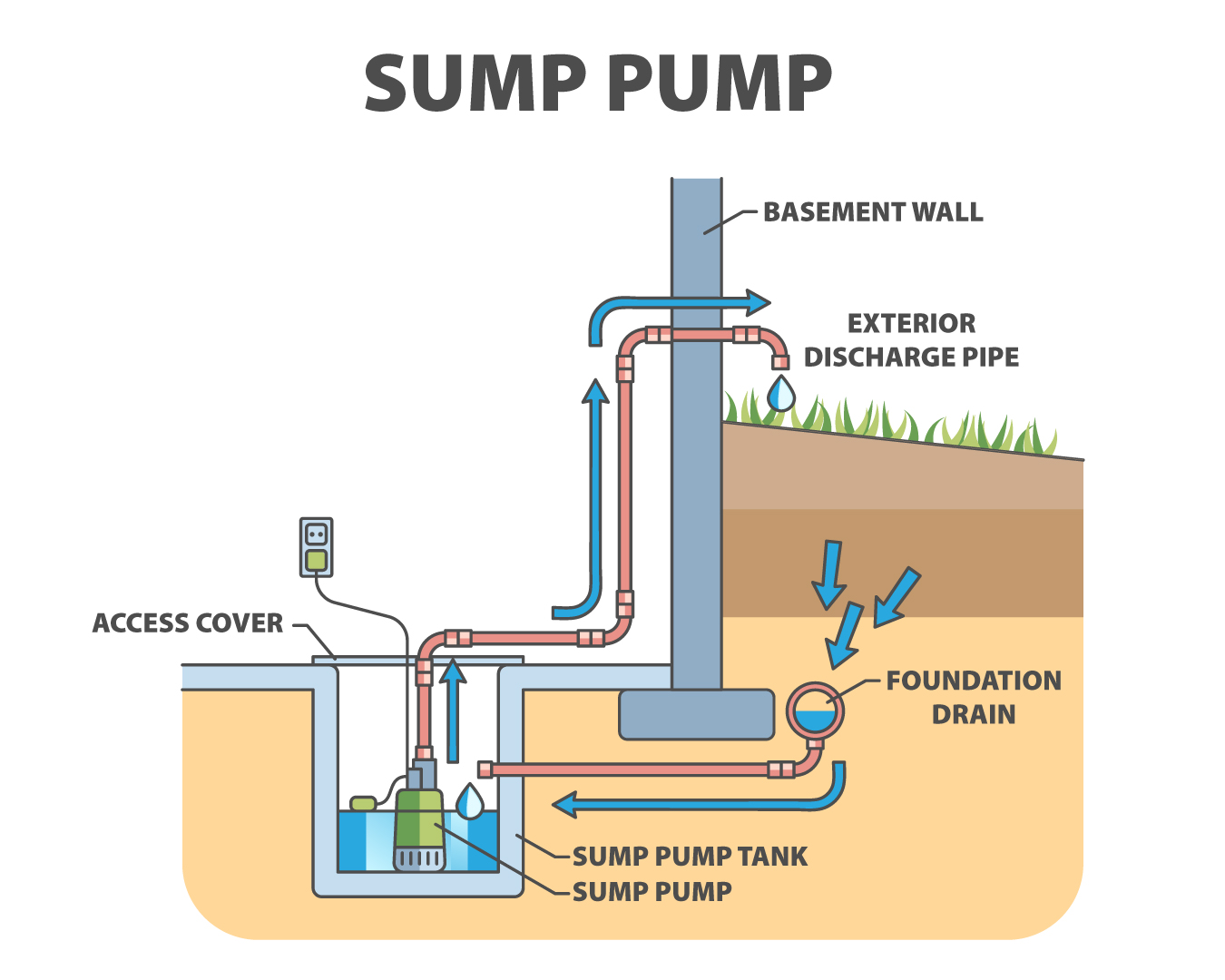Understanding the Key Parts of Effective Water Filtering Equipments

Value of Water Filtering Equipment
Water filtering systems play an important role in ensuring accessibility to secure and clean alcohol consumption water by properly eliminating contaminants and pollutants. These systems are essential in resolving the growing worries over water high quality and the potential wellness risks connected with taking in contaminated water. By making use of various purification mechanisms such as reverse osmosis, turned on carbon, and UV sterilization, water purification systems can effectively remove damaging compounds like microorganisms, viruses, hefty metals, and chemicals from the water.
Furthermore, water purification systems help to boost the taste and odor of water by removing chlorine, sediments, and various other pollutants that can impact its top quality. Pump repairs & installation. This enhancement in water high quality not just makes it more tasty yet also motivates people to consume an adequate amount of water daily, promoting much better hydration and total health
Sorts Of Filtration Components

Physical filters are designed to physically strain out pollutants from the water. These filters can be constructed from products like ceramic, carbon, or also sand, and they work by capturing fragments bigger than the filter's pores as water travels through.
Chemical filters use various chemical processes to eliminate pollutants from the water. Examples consist of triggered carbon filters, which adsorb contaminations, and turn around osmosis membrane layers, which use pressure to separate contaminants from the water.
Biological filters utilize living organisms like algae or bacteria to break down raw material and pollutants in the water. These filters are frequently utilized in wastewater treatment plants or natural water filtration systems.
Recognizing the different kinds of purification components is important for picking one of the most ideal water filtration system for particular filtration needs.
Feature of Sediment Filters
Sediment filters play an important function in water filtering systems by efficiently capturing strong fragments put on hold in the water. These filters are normally the initial line of defense in a find out purification system, getting rid of bigger particles such as sand, silt, dirt, and corrosion before the water moves via finer purification phases. By trapping these debris, the filters avoid them from reaching downstream components, hence prolonging the lifespan and performance of the whole system.
Overlooking this upkeep can lead to obstructing, reduced water circulation, and endangered filtration efficiency. Generally, sediment filters are important parts that contribute substantially to her explanation the performance of water filtration systems.
Function of Turned On Carbon Filters
Playing a vital duty in water filtration systems, activated carbon filters are instrumental in getting rid of impurities and contaminants from the water system. These filters are made to adsorb and catch a wide variety of contaminants, consisting of chlorine, unpredictable natural substances (VOCs), pesticides, and herbicides. The activated carbon material has a big area, enabling for the reliable capturing of impurities via a procedure called adsorption. As water passes via the filter, the activated carbon draws in and holds onto the impurities, guaranteeing that the water that comes out beyond is cleaner and safer for consumption.
Turned on carbon filters are very effective at enhancing the preference and smell of water by decreasing chemicals that can influence its high quality. They are likewise efficient in removing particular hefty metals like lead and mercury. Additionally, these filters can aid protect against the accumulation of bacteria and algae in water, additional enhancing its overall top quality. Because of their flexibility and reliability, turned on carbon filters are a crucial component in making certain that water is detoxified site web to the highest criteria prior to reaching customers.
Comprehending Reverse Osmosis Equipments
Reverse osmosis systems are advanced water filtration systems that utilize an innovative process to remove pollutants and pollutants from alcohol consumption water. These systems work by applying pressure to the water, requiring it with a semi-permeable membrane layer.
Furthermore, reverse osmosis systems are fairly low-maintenance and can be installed under the sink or in a central purification system, giving practical access to clean water throughout the house. On the whole, recognizing exactly how reverse osmosis systems work can aid people make notified decisions concerning their water purification requirements.
Conclusion
Finally, reliable water filtering systems are vital for making sure secure and clean alcohol consumption water. The crucial elements of these systems include debris filters, triggered carbon filters, and turn around osmosis systems. By comprehending the function and duty of each element, people can make educated decisions when picking a water filtering system. It is very important to focus on the high quality of water in order to promote total health and wellness and health.
Water filtering systems play an important duty in guaranteeing accessibility to safe and clean alcohol consumption water by efficiently eliminating pollutants and pollutants. By making use of different filtering mechanisms such as reverse osmosis, activated carbon, and UV sanitation, water purification systems can effectively get rid of damaging substances like bacteria, infections, hefty metals, and chemicals from the water supply.
Sediment filters play an important role in water filtration systems by properly capturing solid bits put on hold in the water (Well Pump Replacement).Playing an important function in water filtering systems, turned on carbon filters are crucial in removing impurities and pollutants from the water supply.Reverse osmosis systems are sophisticated water filtering systems that utilize an innovative process to remove contaminants and impurities from drinking water